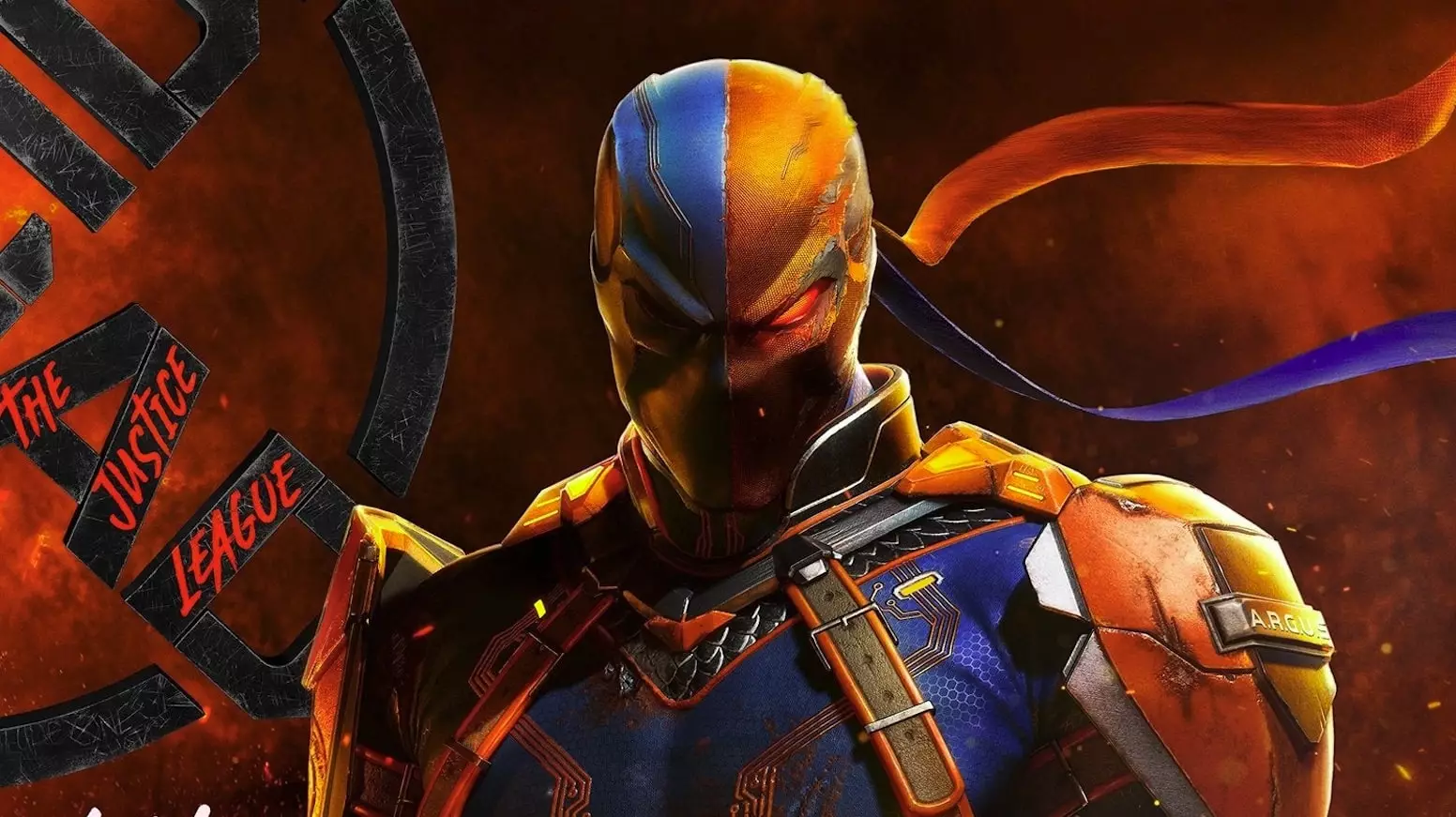In a bittersweet announcement, Rocksteady Studios has officially declared an end to new content for “Suicide Squad: Kill the Justice League” beyond January 2025. This revelation reflects the studio’s broader challenges in navigating the demanding landscape of modern gaming, where fresh content and player engagement are pivotal for success. While the game will remain operational after this date, the introduction of an Offline Mode on December 10, 2024, suggests a significant shift in the game’s life cycle. This decision leaves fans of the title grappling with both nostalgia and apprehension about the inevitable decline of server-supported environments in gaming.
Despite the cessation of new content, Rocksteady ensures that players can still enjoy co-op features with friends and access previously released episodic content. What emerges as a poignant aspect of this announcement is the effort to provide an Offline Mode that allows gamers to experience the full range of story content without the need for a stable internet connection. This initiative is a pragmatic response to the realities of online gaming, where dependence on servers can lead to abrupt interruptions once they are no longer viable. With an option to transfer profiles from Online to Offline mode, the studio is taking commendable steps to safeguard players’ achievements and investments, allowing them to continue enjoying the game long after active support has ceased.
A Glimpse Into the Final Content
In a move that seems to counterbalance the less vibrant news of content cessation, Rocksteady has confirmed the arrival of significant updates, most prominently the inclusion of Deathstroke as a playable character. This character’s introduction adds a new dynamic to gameplay, appealing to fans of action-packed combat. Positioned as a multifaceted fighter, Deathstroke brings a wealth of combat styles, promising intriguing tactical possibilities on the battlefield. His presence also highlights Rocksteady’s commitment to enriching player experiences right up until the final update, encouraging fans to explore different strategies and engagement tactics in the game.
Additionally, the announcement of a medieval Elseworld setting based on “Dark Knights of Steel” introduces a fresh thematic element, enthralling players with a blend of familiar characters in an entirely new context. Set in Smallville, this backdrop presents a compelling opportunity for players to face iconic threats amid fantastical scenery, enhancing gameplay variety. By investing in such creative explorations, Rocksteady demonstrates an understanding of their audience’s desire for both narrative depth and engaging gameplay.
As the dust settles on Rocksteady’s announcement, a clearer picture emerges: “Suicide Squad: Kill the Justice League” is transitioning from a continuously evolving game to an established classic within its niche. This journey encapsulates not only the triumphs and challenges of game development but also the complex tapestry of player experience in an era that increasingly demands long-term engagement. While the eventual discontinuation of online services looms, the legacy of the game and its community will undoubtedly endure—reminding players of the camaraderie and creativity that defined their time within the virtual universe.


Leave a Reply